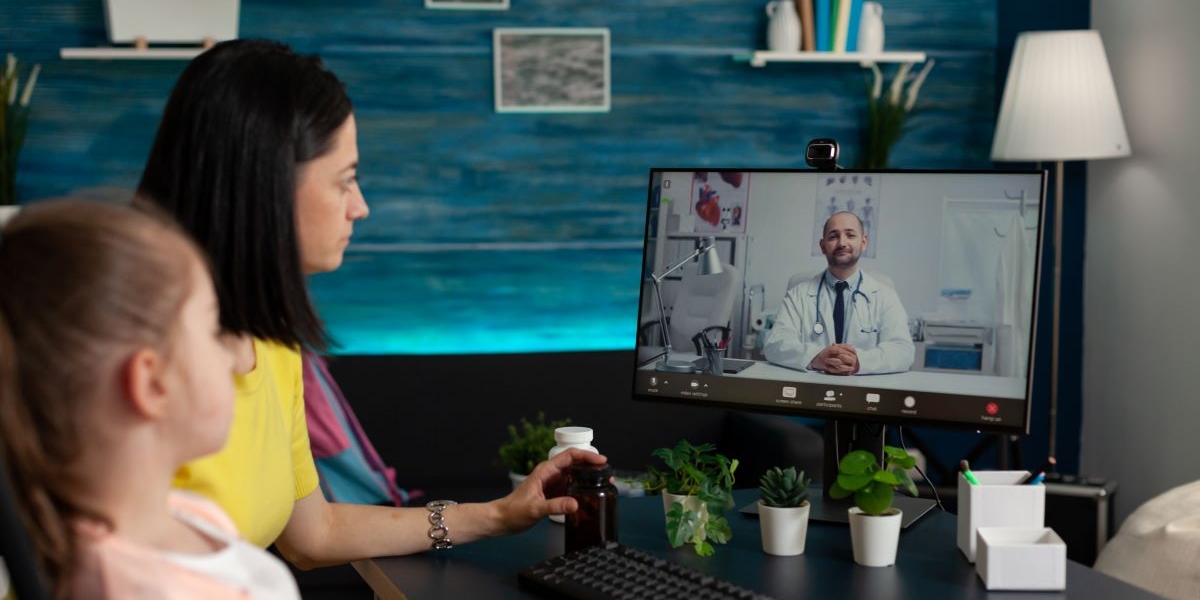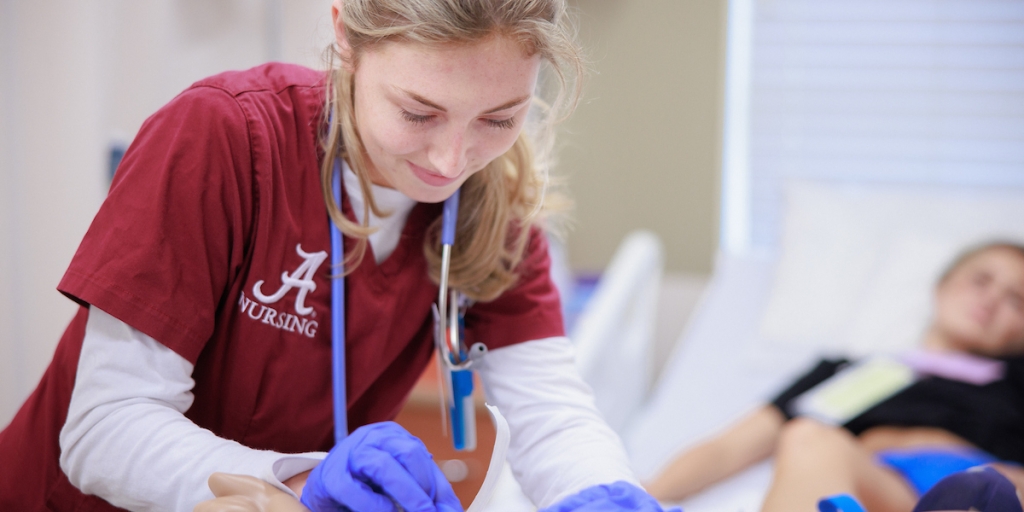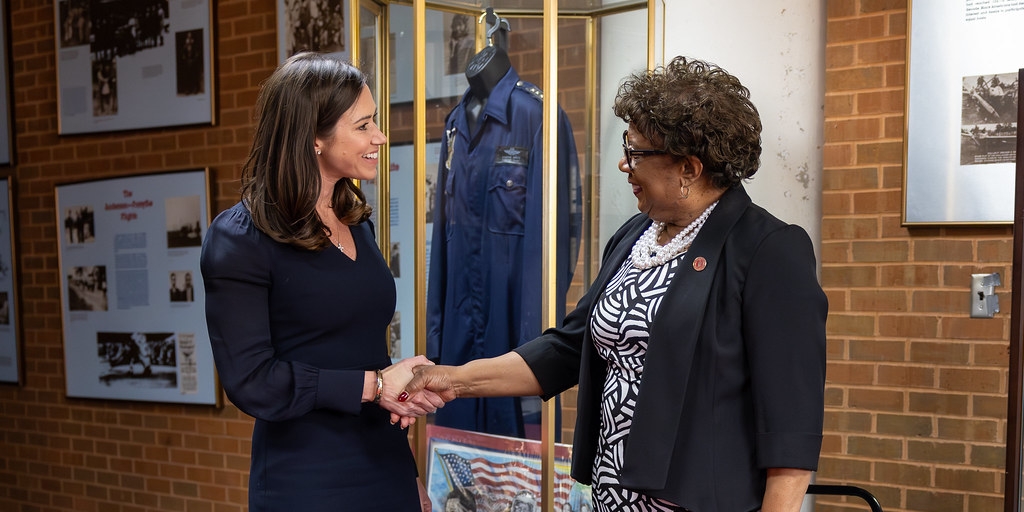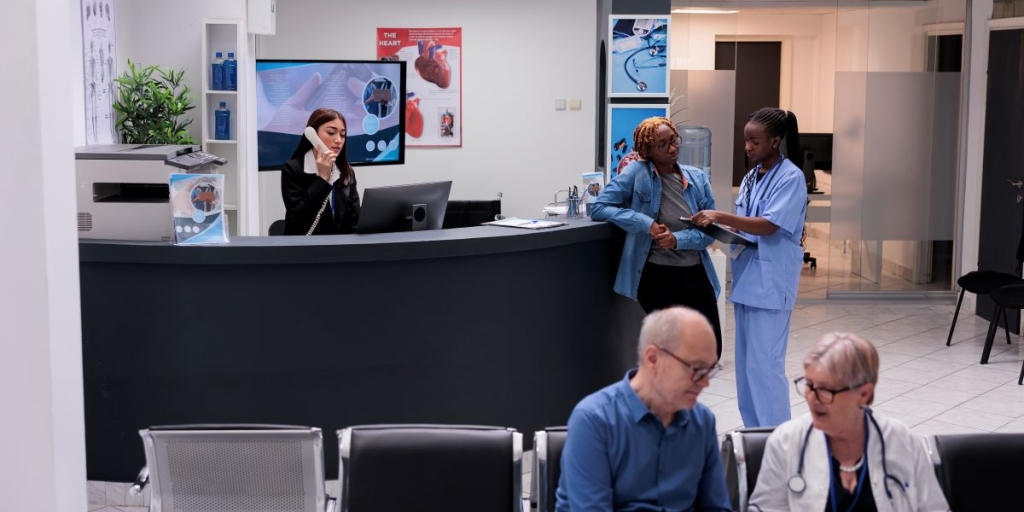Telehealth has become an essential component of modern health care, particularly in rural Alabama, where access to medical services is often limited. The expansion of telehealth services, driven in part by Auburn University’s Rural Health Initiative, is bridging the gap for residents in underserved areas.
Auburn University, in collaboration with government agencies, local hospitals, and other partners, has spearheaded an effort to bring telehealth solutions to rural communities. The initiative began in March 2023 with the launch of an OnMed CareStation in LaFayette, Chambers County. According to an Auburn University spokesperson, since its opening, the station has recorded 1,751 patient visits as of October 31, 2024.
Following the success in LaFayette, additional OnMed CareStations have been installed in Greene, Hale, and Wilcox counties. These high-tech clinics provide free virtual health care services, made possible by funding from the American Rescue Plan Act. Patients using the stations can consult with certified clinicians via video calls, measure their vital signs using built-in diagnostic tools, and receive e-prescriptions for medications.
To further improve access to care, telehealth carts have been deployed in 10 counties, including Clay, Randolph, Coosa, Tallapoosa, Elmore, Macon, Bullock, Barbour, and Chambers. Funded by a U.S. Department of Agriculture telemedicine grant, these carts provide mental health services, substance use disorder treatment, and primary care through Alabama-based providers. A telehealth cart is a mobile device that allows healthcare providers to remotely connect with patients. These carts are equipped with cameras, microphones, and displays for video conferencing.
The Rural Health Initiative extends beyond virtual doctor visits. Community ambassadors, ranging from high school students to retired healthcare professionals, educate residents on health-related topics such as maternal health and wellness. Auburn University also offers speech and hearing screenings and supports local food pantries and period care closets. A new maternal care product closet is being developed in Chambers County to provide essential supplies for new mothers.
Tuskegee University has also taken steps to support rural health care. In September 2024, the university launched an OnMed CareStation in Margaret Murray Washington Hall. While primarily serving students, faculty, and staff, the station is available for free to Macon County residents, thanks to support from the university’s Center for Rural Health and Economic Equity.
According to an article by Nancy R. Randall, during the COVID-19 pandemic, the demand for telehealth skyrocketed, with medical claims to Blue Cross Blue Shield increasing from 2,000 to nearly 80,000 per week. Although those numbers have since stabilized, telehealth continues to account for about 5% of all medical claims. In the field of behavioral health, telehealth remains especially impactful, with nearly half of all behavioral health visits now conducted virtually.
As the landscape of health care evolves, telehealth stands as a lifeline for those in underserved regions, offering a cost-effective, accessible, and innovative solution for modern medical care.
Sherri Blevins is a writer for Mountain Valley News and a staff writer for Yellowhammer News. You may contact her at [email protected].













